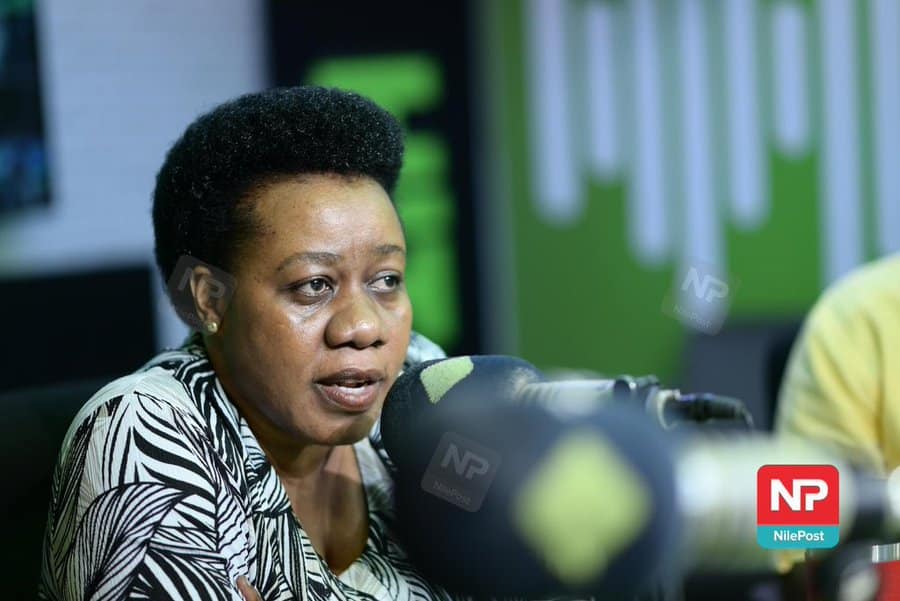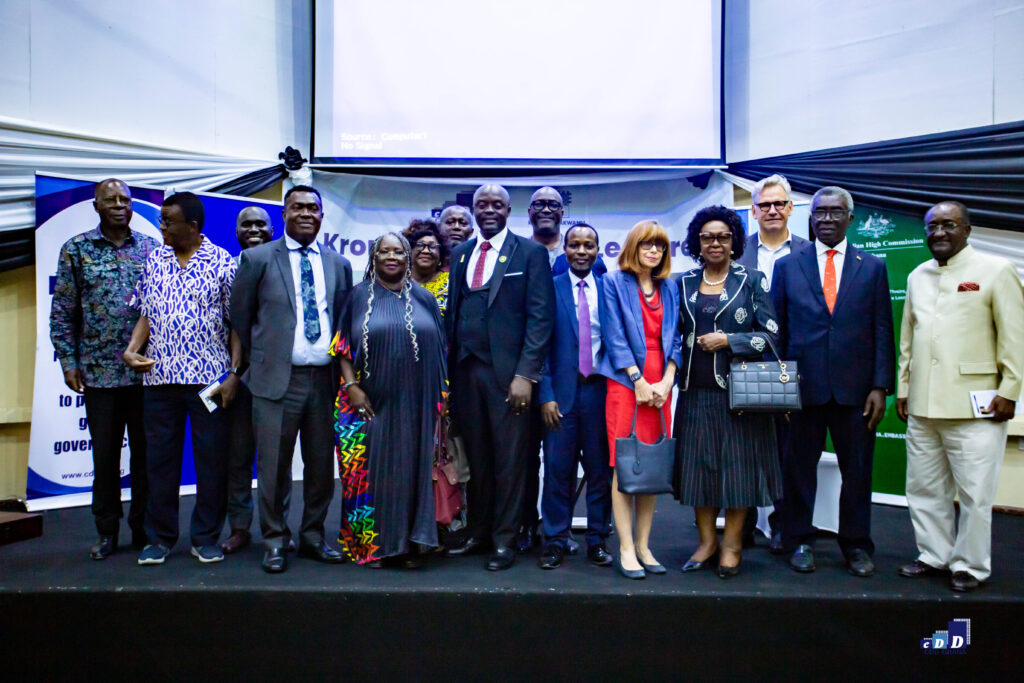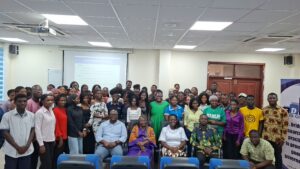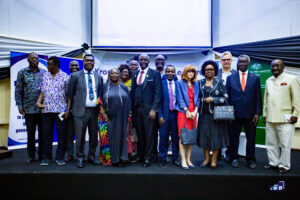I was a panelist with Lawyer Kweku Paintsil on Joy News’ AM Show on September 22, 2023. As we discussed the recent protest organized by the Democracy Hub and the police response on day one, he referred to the term “democratic temperament”. The term is attributed to one William James, a nineteenth-century psychologist and philosopher who defined it as – “a willingness to act, the placing of public good ahead of private comfort, generosity toward one’s opponents, and mutual respect among citizens of different viewpoints, races, genders, classes, and religions.” Prof. Joshua Miller, whose work has examined this issue, views these temperaments as the solution to what he describes as the “mean-spiritedness that characterizes so much current political discourse.”
Since the show, I have been thinking a lot about this especially because, as I wrote in my opinion piece last weekend, democracy is having some very difficult days globally and locally as well. In the case of Ghana, our democracy’s difficult days include a growing dissatisfaction not with democracy as the preferred form of government but rather with the way democracy works.
Although the original idea of democratic temperaments appears to be citizen focused, I have been thinking about it from the perspective of the State and its actors.
The State
Every State, democratic or not, has a set of obligations towards its citizens. What sets democratic states apart from the others is this – citizens have certain basic guaranteed freedoms that enable them to draw the attention of the State, especially during periods of dissatisfaction. Citizens use different tools to do this including protests. When they do, they make certain demands on the State which they expect a positive response to.
I have never held political power but when you sit back and observe the reaction of state actors to the demands of citizens, it appears to me that sometimes they feel a certain “irritation.” And when those “irritations” are felt, the response to citizens sometimes takes unpleasant forms including the use of force.
But the true character of a democratic state, I believe, shows itself up in how state actors deal with these “irritations.” In those moments of “irritation” what democratic temperament should state actors exhibit? I argue Forbearance! When you look up the dictionary definition of forbearance, it is defined as “patient self-control; restraint and tolerance.” I will add one more – “reasonable accommodation.” Sometimes when I think of the reaction of state actors to certain demands of citizens, I am left wondering why they cannot be accommodated. Of course, this is not to say that whatever citizens demand, even if unlawful, should be accommodated.
The State needs to bear this in mind – if citizens deem state performance satisfactory, there will be no need for collective action. It is when they feel various forms of dissatisfaction that they feel the urgency to draw the attention of the state to their plight.
My Challenge To State Actors
I don’t know if these temperaments can be taught. However, I do know that developing them is critically important although it will take some time. As our democracy evolves, the character of state actors must evolve too. The actions and inactions of state actors must easily be reconcilable with the key tenets of democracy.
One of the things I believe state actors can accept this challenge is take this position – when the interest of the State clashes with the interests of Citizens, state actors must tilt the balance in favor of citizens. This must be done in such a way that the security and stability of the State is not compromised. But we must not weaponize national security concerns when doing this. It is not an easy balance, but this is why a democratic temperament is important.
Ghanaians accept the legitimacy of The Ghanaian State. The Afrobarometer Survey, over six rounds, has asked some questions that serve as good proxy measures for assessing how Ghanaians feel about state legitimacy in four areas – a) police power, b) legitimacy of the elected government, c) judicial powers, and d) legitimacy of taxation.
- A strong majority (87% on average) of Ghanaians agree that the police always have the right to make people obey the law
- A strong majority (91% on average) agree that citizens must obey the government in power regardless of how they voted in an election
- A strong majority (85% on average) agree that the tax authorities always have the right to make people pay taxes
- A majority (75% on average) agree the courts have the right to make decisions that people always must abide by
In such an enviable position, imagine if the State and its actors epitomized the highest level of democratic temperaments…
 John Osae-Kwapong (PhD.) is a Democracy and Development (D&D) Fellow at CDD-Ghana, Associate Provost for Assessment, Accreditation, and Institutional Effectiveness, Baruch College, The City University of New York.
John Osae-Kwapong (PhD.) is a Democracy and Development (D&D) Fellow at CDD-Ghana, Associate Provost for Assessment, Accreditation, and Institutional Effectiveness, Baruch College, The City University of New York.
















